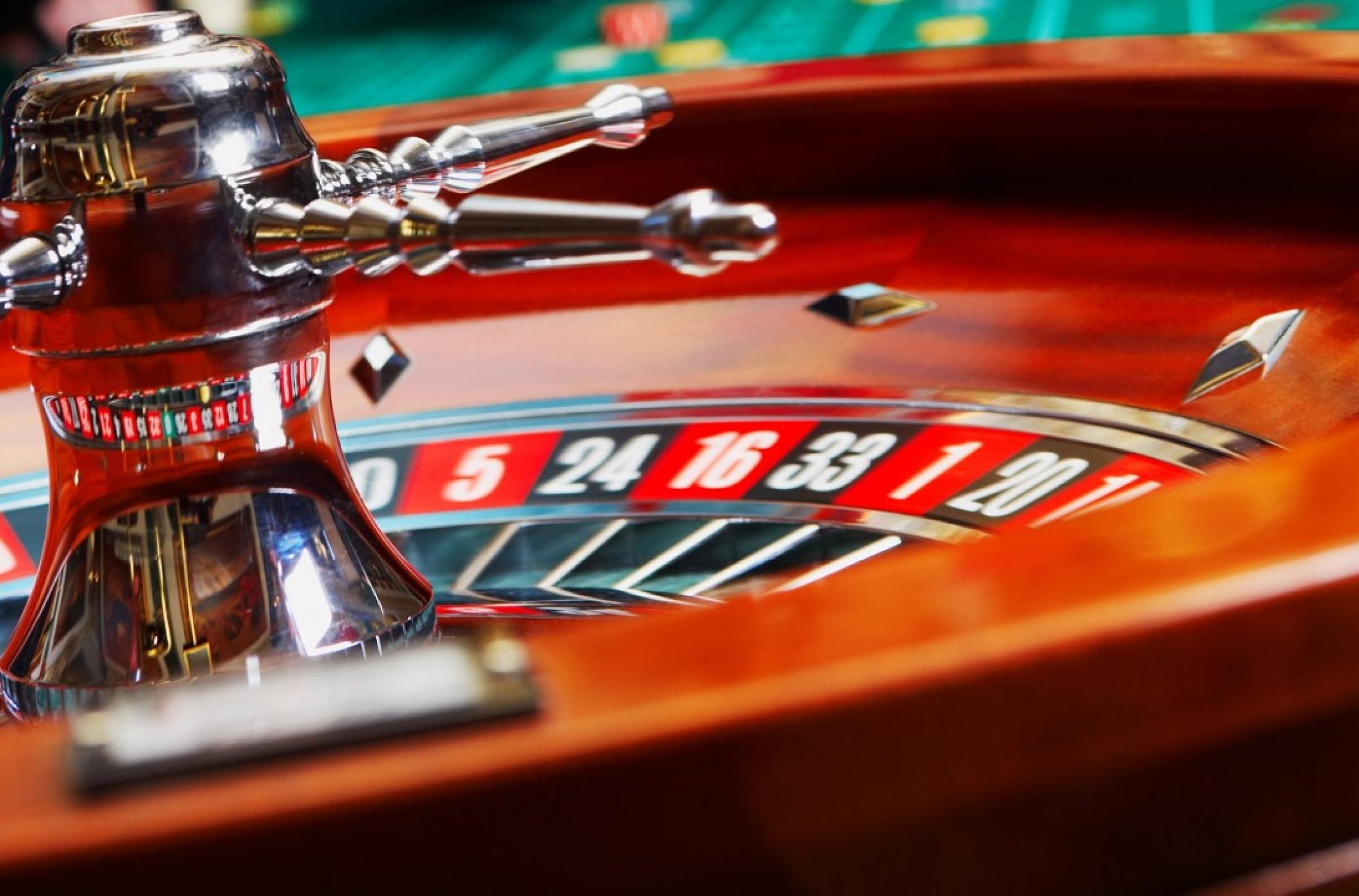
Casino entertainment have long been a significant aspect of human culture, offering not just entertainment but a fascinating reflection of our aspirations, wishes, and fears. From the turning reels of a slot machine to the strategic gameplay of poker, these games embody a variety of human sentiments and experiences. At their core, casino games are more than a chance to win money; they are a microcosm of life itself, where danger and gain intertwine and fortunes can change in an moment.
As players assemble around tables or sit in front of brightly lit machines, they take part in a tradition that transcends mere betting. These games echo our instinctive desires for connection, adventure, and the quest for chance. They also unveil deeper truths about human behavior, such as our relationship with luck and the thrill of risk. In exploring casino games, we discover not only the rules of play but also the complex weave of the human story, showcasing our woven narratives of hope and reality.
The Psychology of Gambling
Gambling is deeply rooted in human psychology, appealing to various feelings and desires. The thrill of taking risks is a core aspect that draws players in, whether it’s thrill of spinning a roulette wheel or the anticipation of drawing a winning hand in poker. This rush of adrenaline is often compared to other forms of excitement, as the unpredictability of outcomes elicits a unique psychological response. Gamblers often become entranced by the chance of striking it rich, leading to an irresistible draw toward gambling games.
Another, a crucial component of the psychology behind gambling is the concept of optimism and ambition. Players often indulge in dreams of financial freedom and the luxurious lifestyle that can accompany winning. This hope fuels their continued participation in gambling, as it provides a sense of meaning and the belief that a life-changing win could be just one bet away. The narrative of beating the odds and achieving success resonates with many, strengthening their dedication to play and engage with these games.
Lastly, social dynamics play a crucial role in gambling psychology. Gambling venues are designed to promote social interaction, where gamblers gather to share the experience of wins and losses. This communal aspect not only amplifies enjoyment but also affects behavior, as individuals often mimic the actions of others around them. The social validation found in mutual thrill can magnify the emotional experience, making casino games a reflection of not just personal desires but also shared involvement within the gambling community.
### Risk and Reward: A Double-Edged Sword
Casino games embody the fragile balance between risk and gain that resonates deeply with human psychology. The rush of placing a wager is often accompanied by a rush of adrenaline, as participants are confronted with the possibility of a huge payout, yet conscious of the risk to lose. This twofold experience reflects a core aspect of life: the choices we make often come with inherent risks, and the quest for benefit can drive us to make risky moves we might not typically consider. In this way, gambling activities mirror real-world decisions, enticing gamblers to gamble not just their funds, but also their hopes.
The allure of big prizes and payouts fuels a feeling of positivity, encouraging gamblers to envision a brighter future that could manifest from a fortunate turn of the roulette or turn of a card. This positive outlook can motivate individuals to engage in more daring actions, urging them to push their boundaries in search of monetary success. However, just as in life, the results of these decisions can lead to both victory and despair. The narratives of both jackpot winners and those who have lost everything at the casino demonstrate the chaotic nature of luck and its impactful impact on our existence.
Ultimately, the experience of engaging with casino games serves as a strong reminder of the nature of humanity. Every round played is imbued with the tension of uncertainty, as players weigh the gains against the risks. This interaction not only highlights the thrill that comes with betting but also exposes the weaknesses that come with the desire for more. As we journey through the challenges of decision-making and results in both the gambling world and in life, we find that the search for benefit shapes our sense of self and lives in significant manners.
Society and Isolation in Gambling Culture
Casino environment is a distinct mix of social engagement and individual pursuit, reflecting the contrasts of individual experience. Players often come together around tables, sharing in the excitement of the action, rejoicing in wins, and commiserating over losses. This social aspect is crucial, as it creates a sense of belonging and bonding among diverse groups of people. Regular attendees to gaming establishments may form friendships and develop routines, turning the gambling venue into a second home where they experience linked to a larger community of gamblers.
However, the appeal of gambling activities can also result to isolation. As players become engrossed in the thrill of gambling, they may withdraw from personal connections or fail to interact with the world outside the casino. For some, the search of a jackpot can overshadow real connections, leading to loneliness. The experience of being among others yet feeling solitary is not rare, as the attention shifts from collective fun to the individual stakes of each player’s path.
This interplay of society and isolation creates a rich mosaic that defines gaming culture. It highlights the complexity of human interactions, where happiness and sorrow coexist. non GamStop sites Gambling venues serve as both a sanctuary for social engagement and a platform for individual challenges, demonstrating how deeply entwined our yearning for connection and the individual quest for fortune can be. In navigating this environment, gamblers confront their own narratives—seeking both the rush of the game and the companionship of fellow gamblers, ultimately mirroring the broader spectrum of human experience.
